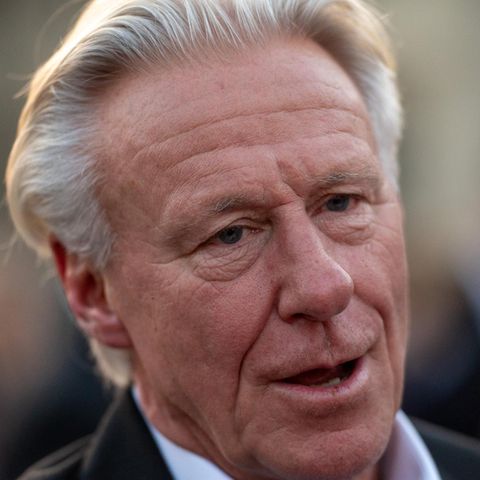I have been working in the news industry for over 6 years, first as a reporter and now as an editor. I have covered politics extensively, and my work has appeared in major newspapers and online news outlets around the world. In addition to my writing, I also contribute regularly to 24 Hours World.
Menu
Controversial verdict: German-Iranian Sharmahd executed in Iran
Categories
Most Read
Donald Trump only wants to meet Putin once a deal is secure
October 26, 2025
No Comments
Trump mediates: Cambodia and Thailand make peace
October 26, 2025
No Comments
War in Ukraine: 3 dead and 29 injured reported in drone attack on Kiev
October 26, 2025
No Comments
Donald Trump: “Hostile act” – further tariffs against Canada
October 26, 2025
No Comments
After fighting in the border area: Thailand and Cambodia seal peace – Trump mediates
October 26, 2025
No Comments
Latest Posts

Katy Perry and Justin Trudeau: holding hands in the theater in Paris
October 26, 2025
No Comments
Lisa HarrisI am an author and journalist who has worked in the entertainment industry for over a decade. I currently work as a news editor

You should always press this button at ATMs
October 26, 2025
No Comments
AngelicaI am an author and journalist who has written for 24 Hours World. I specialize in covering the economy and write about topics such as

Imogen Simmonds: Sex is to blame for false doping suspicions
October 26, 2025
No Comments
Imogen Simmonds Triathlete acquitted – sex to blame for positive doping test The triathlete Imogen Simmonds was the European Ironman champion, then she was accused
24 Hours Worlds is a comprehensive source of instant world current affairs, offering up-to-the-minute coverage of breaking news and events from around the globe. With a team of experienced journalists and experts on hand 24/7.

